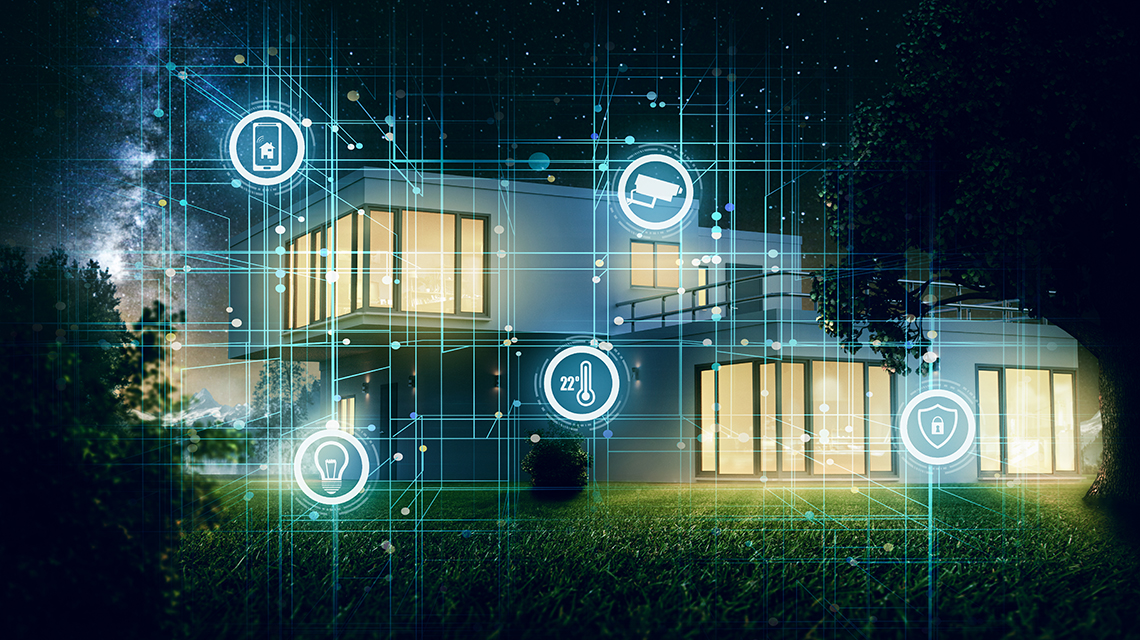
New standard makes it easier to have a smart home
- Select a language for the TTS:
- UK English Female
- UK English Male
- US English Female
- US English Male
- Australian Female
- Australian Male
- Language selected: (auto detect) - EN
Play all audios:
“Customers want a smart home that works for them as they go about their daily lives. It sounds simple, but it’s actually quite complex,” Amazon wrote in a company blog. Customers don’t want
to be tech experts to make it work. Even now, you may hear of other wireless protocols, including a low-power networking technology called Thread that works in tandem with Matter. Bluetooth,
a standard for short-range wireless transmissions; the longer-range Wi-Fi; and Zigbee, a short-distance, low-power wireless network that connects devices, also get along with Matter. SOME
QUESTIONS ABOUT MATTER ANSWERED You may wonder how the Matter standard will affect products you already own or want to buy. HOW WILL I KNOW IF A SMART HOME PRODUCT IS MATTER-READY? Just as
you may see a logo for a Bluetooth- or Wi-Fi-capable device, product packaging will display a Matter logo to signify it works out of the box with any other Matter device. The logo resembles
a trio of arrows all pointing to a center. DO ALL TYPES OF SMART HOME DEVICES WORK WITH MATTER? Not yet. Under version 1.0 of the specification, supported devices include blinds and shades,
door locks, garage door openers, lights and lighting, smart hubs and bridges, smart plugs, thermostats, wireless access points and certain air-quality, contact and security sensors. Some
features of smart TVs are included. Phase 1 is a transition, and several other product categories are left out for now. They include cameras, door and gate closures, advanced energy
management products, environmental sensors, motion- and presence-sensing products, robot vacuums, smart refrigerators and other home appliances, and smoke and carbon monoxide detectors. But
they’re all on the Matter road map. That said, it’s fair to assume continuing limits on how much control any single Matter-capable device has over the functions and features of another.
Companies will continue to try to woo you into their camp rather than the other guy’s. ARE THE SMART HOME PRODUCTS I OWN OBSOLETE? Not necessarily. Nothing will stop you from using the
products you’re happy with as you always have. But you’ll be able to enable updates to make some products Matter-compliant. Late last year, Amazon launched Matter over Wi-Fi on 17 Echo
devices, light bulbs, plugs and switches. In the spring, Amazon plans to expand Matter support to iOS and Thread, as well as additional device types, remaining Echo smart speakers and the
company’s eero-branded routers. “With Matter enabled across more than 100 million Echo devices already in customer homes, we’ll help remove adoption barriers and make it easier for more
customers to buy and use Matter devices,” Amazon blogged. Google recently enabled Matter on Nest devices and Android.